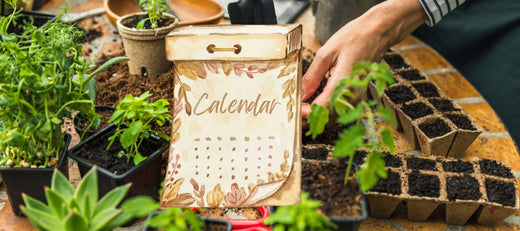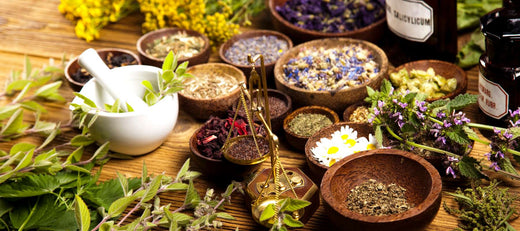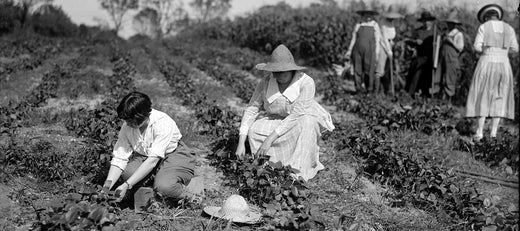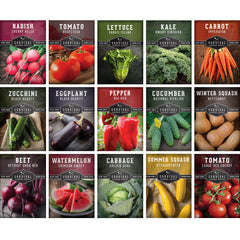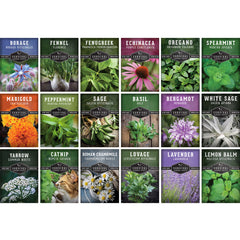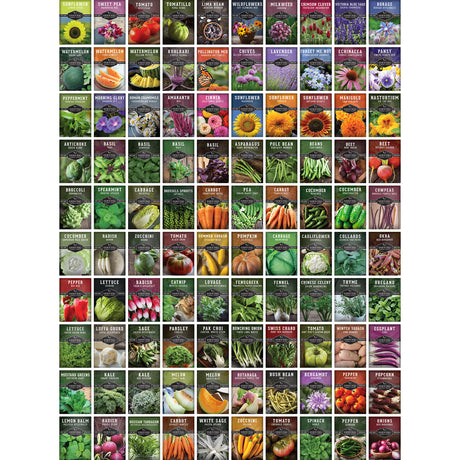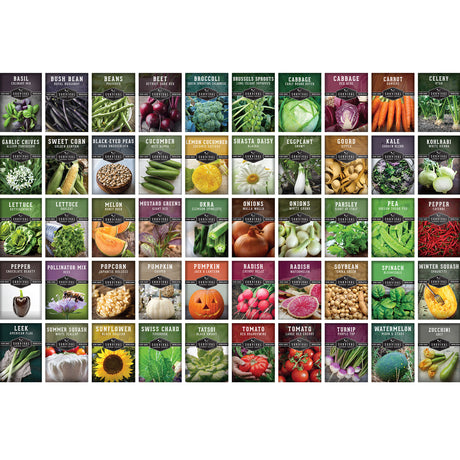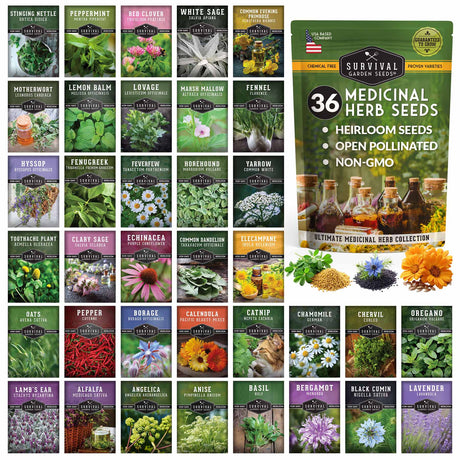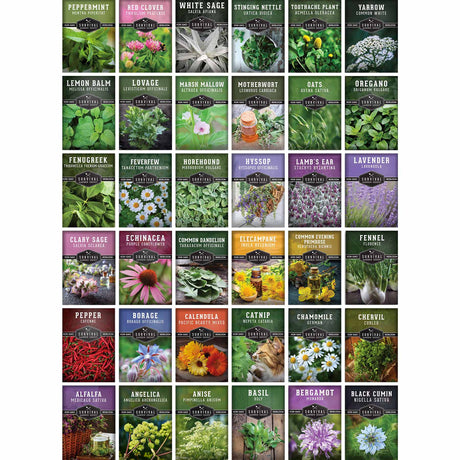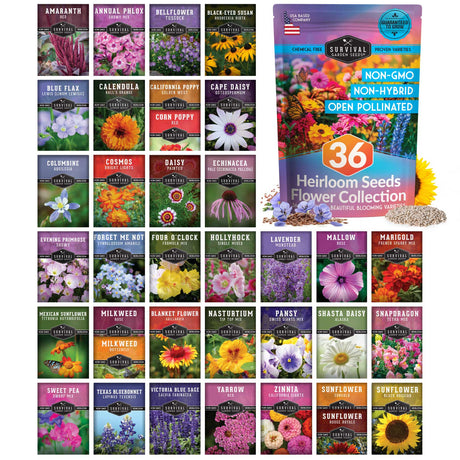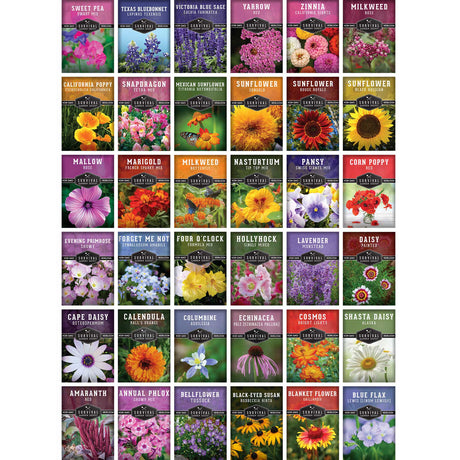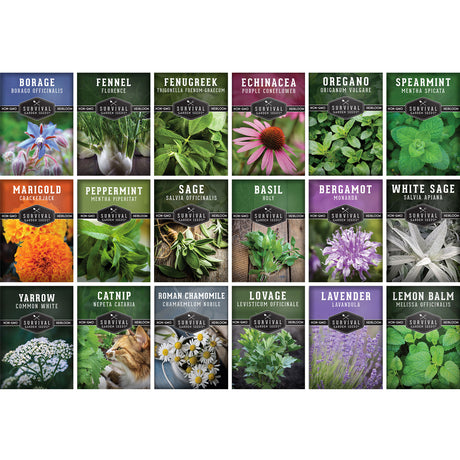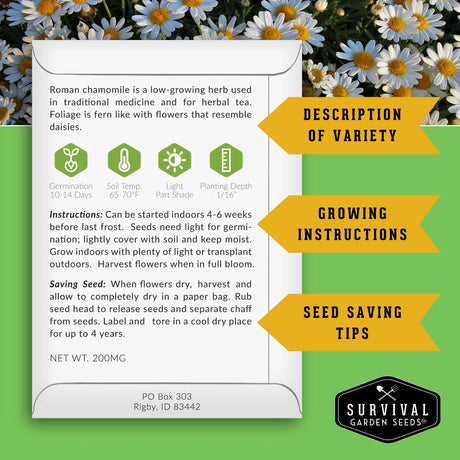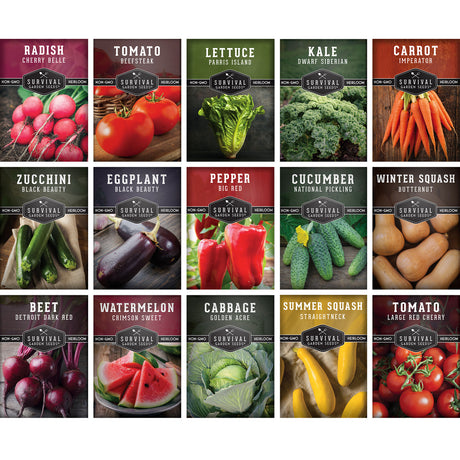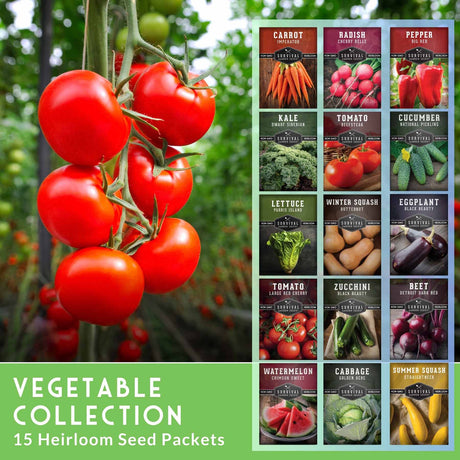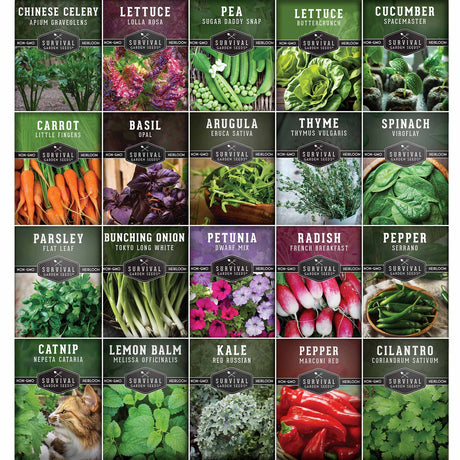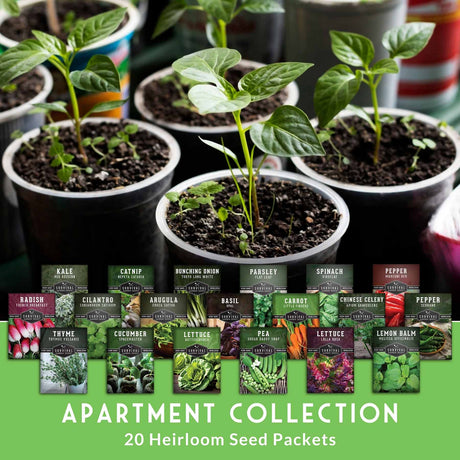Deep Winter is here and that often leaves people eager for Spring and those first little green herbs and greens that pop up to say, “Hello.”

If you haven’t added many herbs or medicinal plants to your gardens, this is a great time to consider it when the weather warms up! Growing your own herbs and drying them for winter is a wonderful way to preserve the bounty for when you might need it most. Dark, cold Winter brings seasonal blues, coughs and colds, and cravings for those fresh garden goodies.
There are so many herbal medicinal plants you can grow in your garden that are also perennials. They come back year after year to provide you with beauty, provide health support, and benefit the pollinators in your garden. Check to see what grows best in your zone!
What I Grow In My Garden

I am writing from planting Zone 6a in Kansas. I have planted quite a variety of medicinal herbs in our gardens over the last few years and they are serving us well. A few of the most common herbal perennial plants growing here are Lemon Balm, Lavender, Yarrow, and Mints. Herbs in my kitchen garden are plentiful and include both perennial and annual varieties. Basils are very common in cooking and are also useful for their medicinal properties; however, they are annuals and need to be replanted each year. Herbs such as Rosemary, Thyme, and Sage are perennials and should return all by themselves.
Each growing season I harvest bundles of herbs to hang to dry in a cool closet away from sunlight. These get stored in glass jars in my cupboard for use in the winter.
What’s my favorite herb to grow and use? Definitely Lemon Balm! Lemon Balm is part of the mint family and makes the most delicious, bright, soothing tea. It is my top choice of herbal tea… and grows right outside my back door! Lemon Balm does indeed taste like lemon. It is treasured for its calming properties and used for anxiety and digestive troubles. (Please do not use Lemon Balm if you have thyroid issues.)
Growing Herbs for Medicinal Teas

Aside from teas for pure enjoyment, backyard herbs can be steeped for quick assistance with a range of complaints. Mint calms an upset stomach. (Peppermint is most commonly used, but all mints have this ability.) Lavender is wonderful to combine with Lemon Balm for soothing nerves or the stomach. Sweet Basil can be added as well! Sweet basil can help settle nausea and vomiting. Sage has antiseptic and anti-inflammatory properties. Chamomile boosts your immune system. All of these varieties (and more) are available in the Medicinal Tea Collection.
Horehound & Candy Making
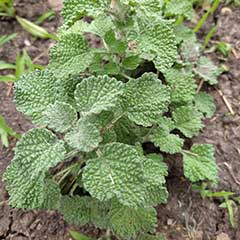
One other important perennial herb in the garden is Horehound. We love this one so much, we’re hoping to add it to our seed selection. We’ll let you know when it’s available. Horehound is traditionally used to help coughs. It has expectorant and antispasmodic properties. It’s a pretty plant with fuzzy little leaves and white flowers. However, Horehound is terribly bitter. Tea is not recommended!
You may recall seeing Horehound drops as part of an “old-time” candy display. Turning a strong herbal steeped concentrate into hard candy lozenges is the preferred method of making this herb available for use. Don’t be fooled into buying a bag of those candies instead! They don’t actually contain horehound these days.
In fact, you can turn any of your delicious and medicinal garden herbs into hard candy treats! It’s a fun idea to satisfy a sweet tooth as well as reap the benefits of your herbs.
If you’re new to growing herbs and not sure where to start, here are a few of our favorites. They’re easy to grow and care for, and provide so many benefits for your garden, your kitchen, and your medicine cabinet! They’ll quickly earn their keep in any survival garden.


